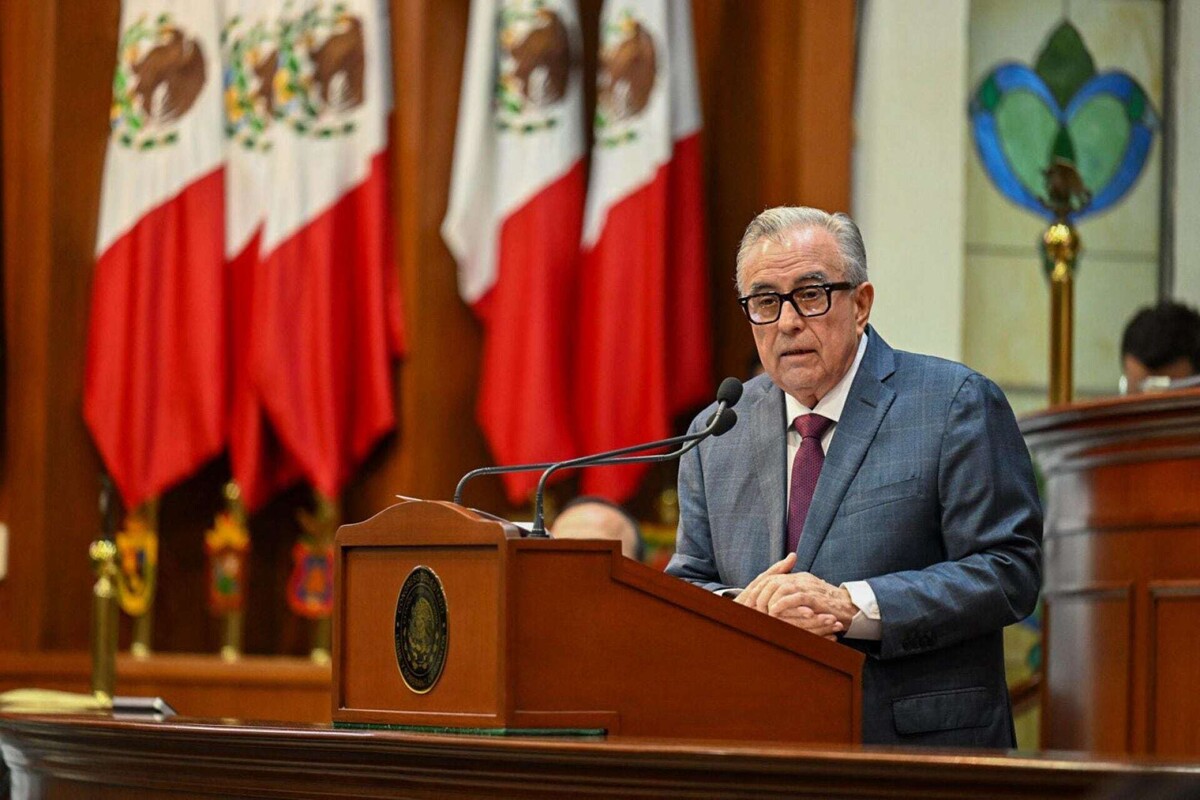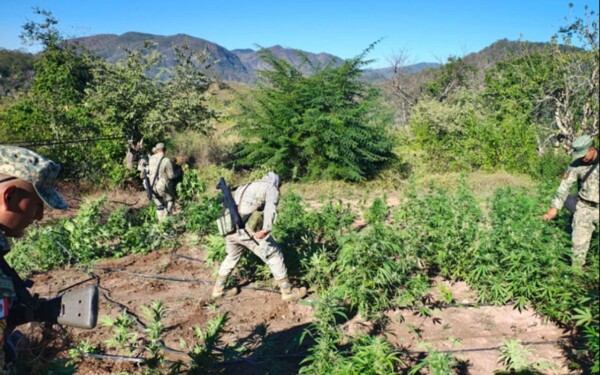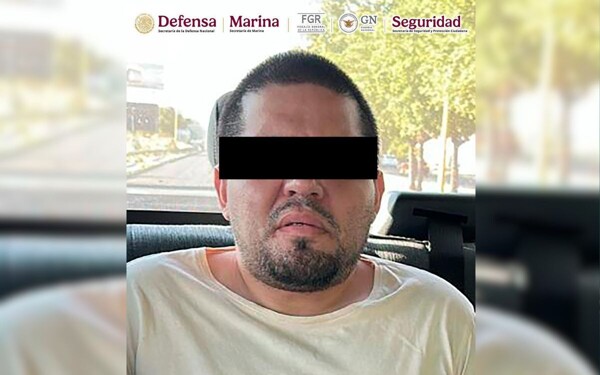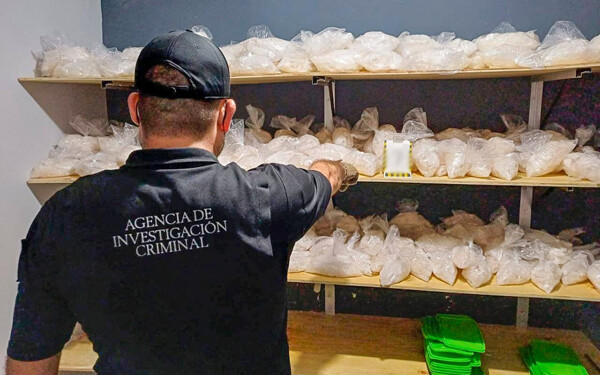
The situation in Sinaloa reveals citizen frustration and the impossibility of removing Governor Rubén Rocha Moya, whose support comes from the State Congress, controlled by the ruling party. Despite accusations of links with drug trafficking and his alleged protection of criminal groups, Rocha Moya remains in office, triggering internal and external criticism and pressure.
With nearly five months of unleashed violence in the region, Rocha's continued hold on power generates uncertainty about its sustainability. The accusations made by El Mayo Zambada and other organized crime actors, supported by Rocha's own statements about the need to negotiate with these groups, call his legitimacy as a ruler into question.
Despite the federal government's efforts to contain the violence in Sinaloa, including the deployment of military personnel, the situation continues to escalate. Conflicts between drug trafficking groups have triggered a spiral of violence that has claimed hundreds of lives and created a climate of insecurity in the state.
The support of federal and local authorities for Rocha Moya, along with the lack of an effective security strategy, has called into question the government's ability to ensure peace in the region. The pressure from the population, manifested in constant protests and marches demanding the governor's resignation, reflects widespread discontent and the search for urgent solutions to the violence crisis in Sinaloa.














